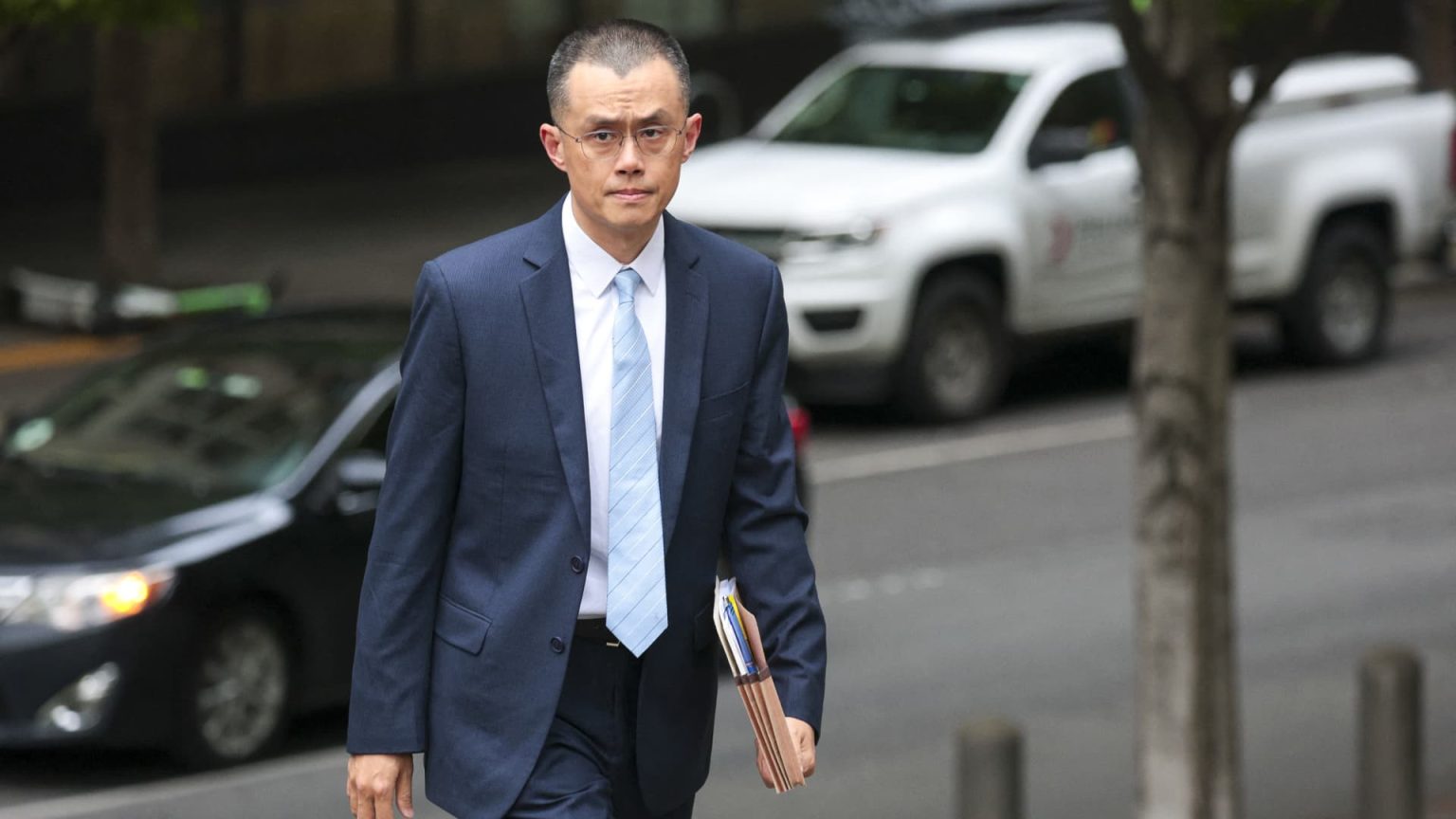Binance’s founder Changpeng Zhao was sentenced to four months in prison for enabling money laundering at his crypto exchange in a case brought by the U.S. government. Despite facing up to three years in prison, Zhao’s sentence was lessened due to a plea deal reached with prosecutors. As part of the settlement, Zhao stepped down as CEO of Binance but still holds a majority stake in the company. He was accused of failing to implement an anti-money laundering program and allowing transactions involving proceeds of unlawful activity.
In addition to the prison sentence, Zhao agreed to pay a $50 million fine, and Binance was ordered to pay $4.3 billion in fines and forfeiture. The company has also been sued by the SEC and CFTC for alleged mishandling of customer assets and operating an illegal, unregistered exchange in the U.S. The action against Binance and Zhao was a joint effort by multiple government agencies, highlighting the severity of the charges against them.
A Binance spokesperson emphasized the company’s commitment to compliance, security, and transparency, stating that they have made considerable enhancements in these areas. The spokesperson highlighted efforts to improve anti-money laundering detection and hire key compliance personnel. However, a lawyer for Zhao did not respond to requests for comment on the sentencing and charges against his client, indicating the potential legal challenges ahead for Zhao and Binance.
Prosecutors accused Zhao of violating U.S. law on an “unprecedented scale” and criticized his disregard for Binance’s legal responsibilities. They characterized Binance under Zhao’s control as operating on a “Wild West” model, with Zhao betting that he would not get caught and underestimating the seriousness of the consequences. The memorandum from prosecutors painted a damning picture of Zhao’s actions and the impact on Binance’s operations.
Despite the legal challenges facing Zhao and Binance, the company remains focused on evolving and building a robust compliance program. The spokesperson’s statement underlined the commitment to compliance, security, and transparency as key pillars of the company’s culture. While Zhao’s sentencing and the ongoing legal battles may have a significant impact on Binance’s operations and reputation, the company appears determined to address the issues and move forward with a stronger focus on compliance and regulatory requirements.
In conclusion, the sentencing of Changpeng Zhao and the legal challenges facing Binance highlight the growing scrutiny of the cryptocurrency industry by regulators. The actions taken against Zhao and Binance serve as a warning to other exchanges and players in the crypto market to prioritize compliance and transparency. As the industry continues to evolve, companies like Binance will face increasing pressure to comply with regulations and address legal concerns to maintain their operations and reputation. The outcome of Zhao’s sentencing and the ongoing legal battles will be closely watched by stakeholders in the cryptocurrency market.













